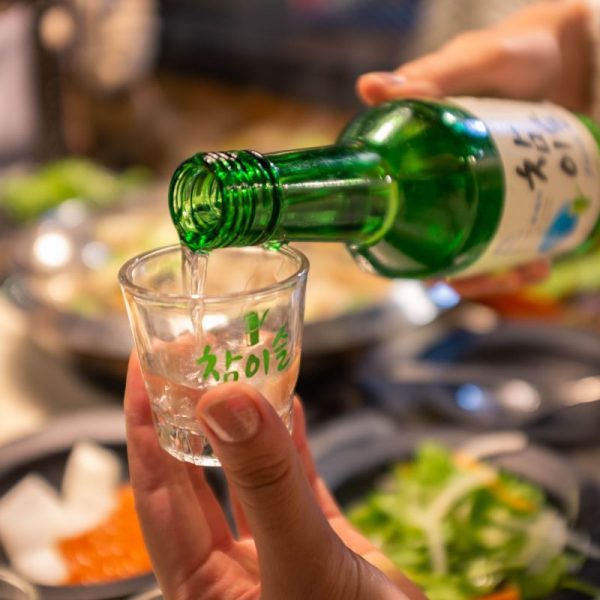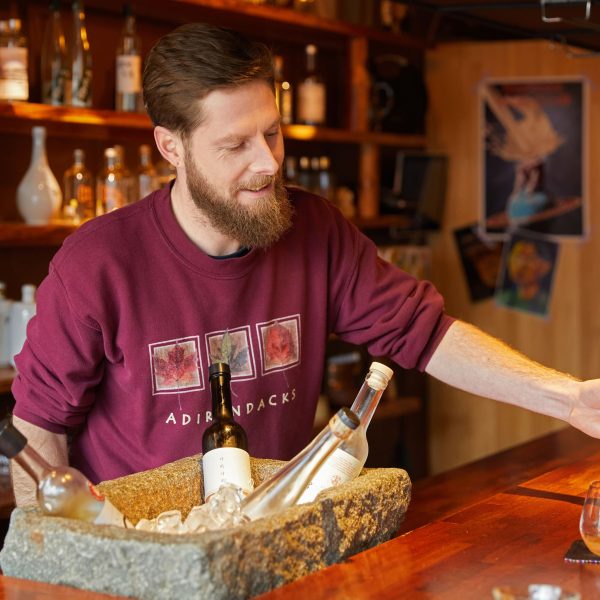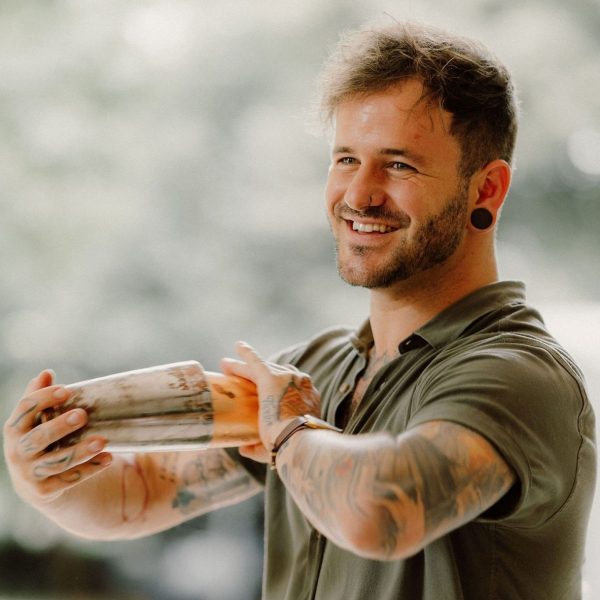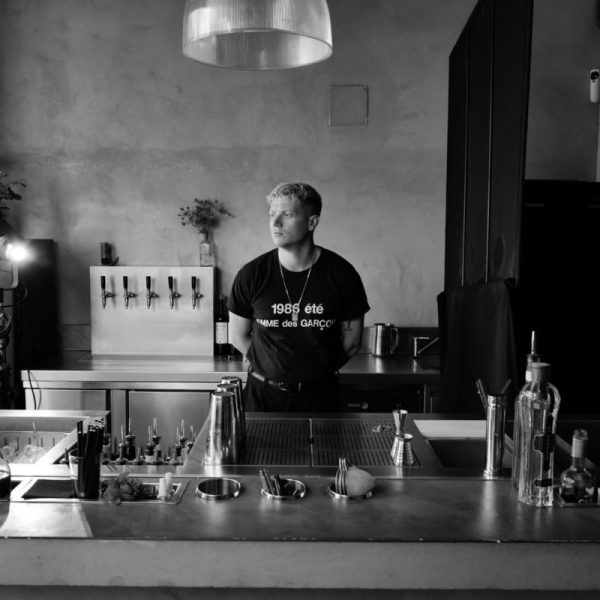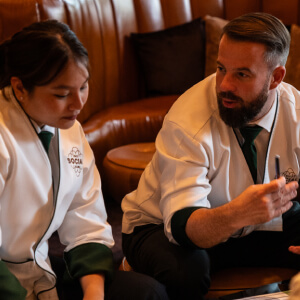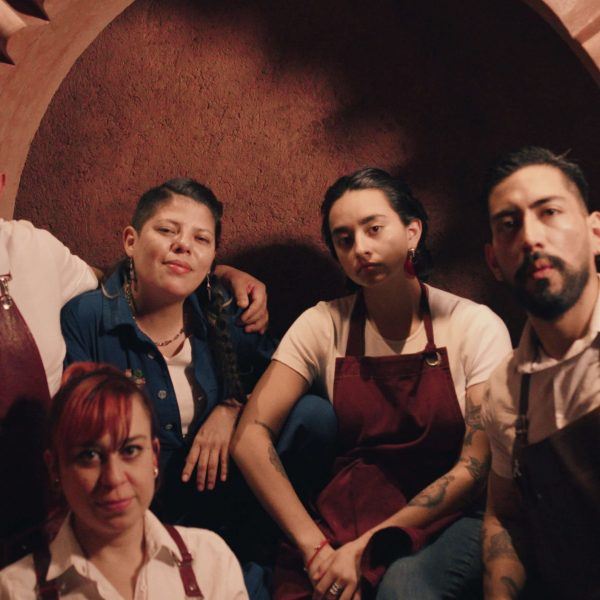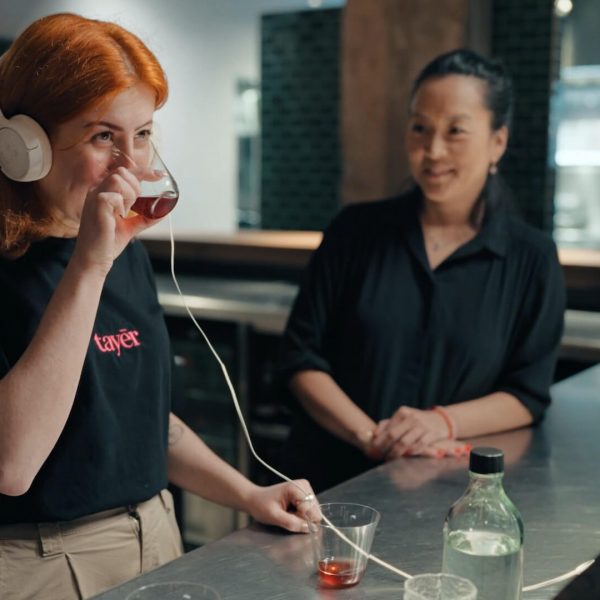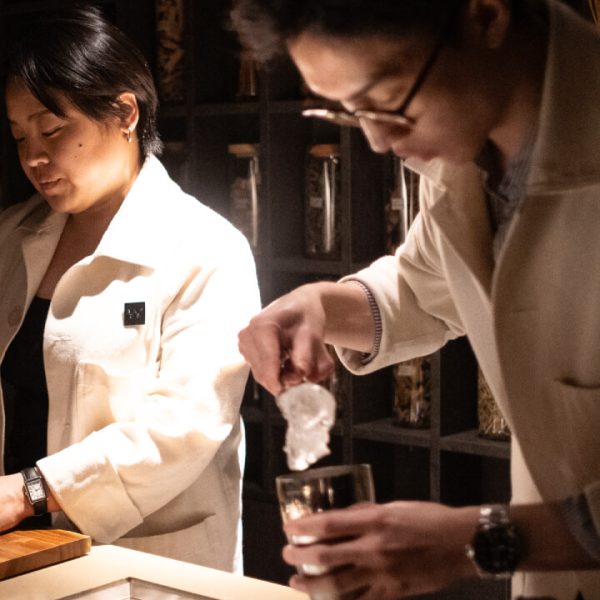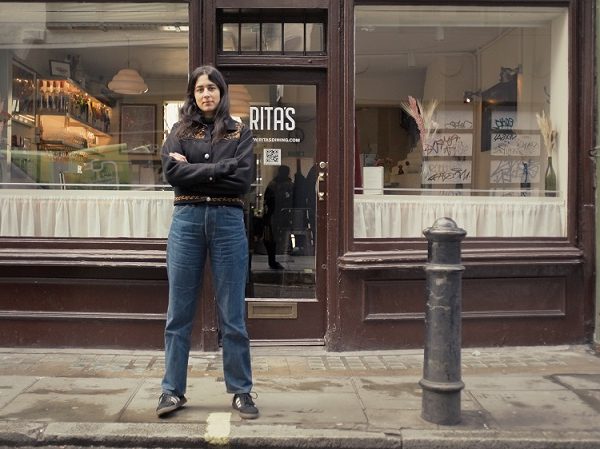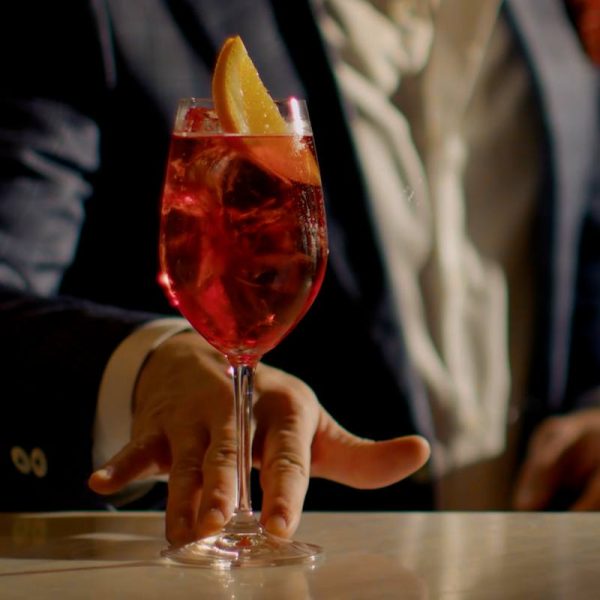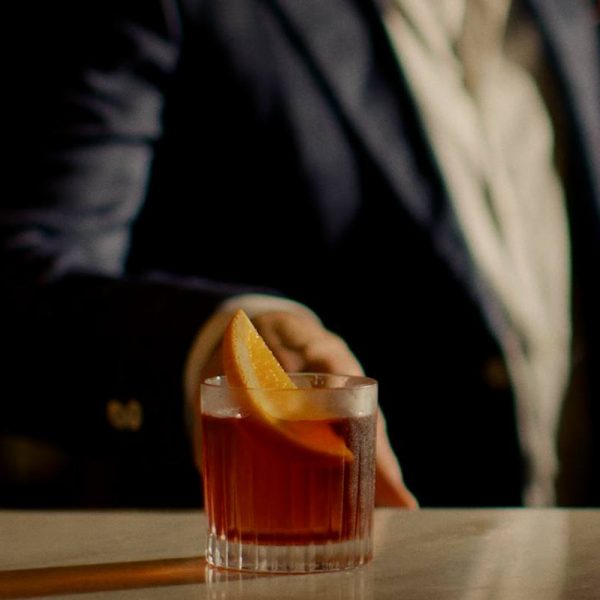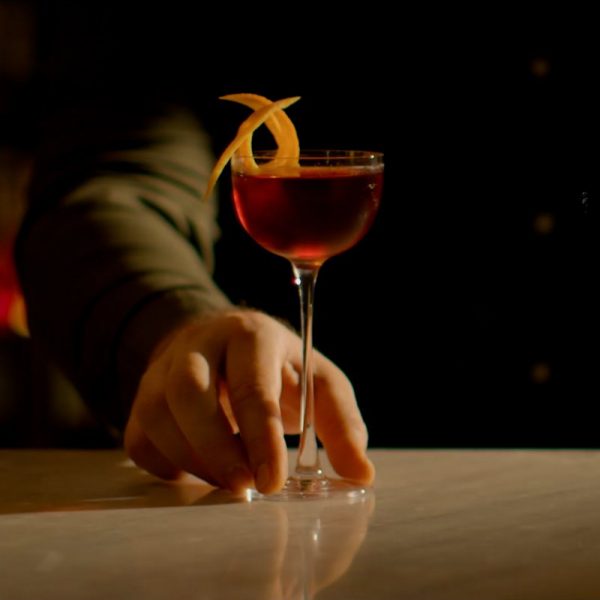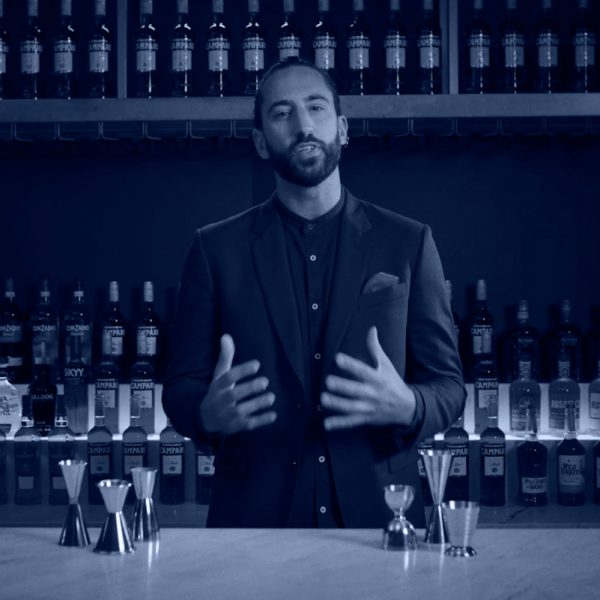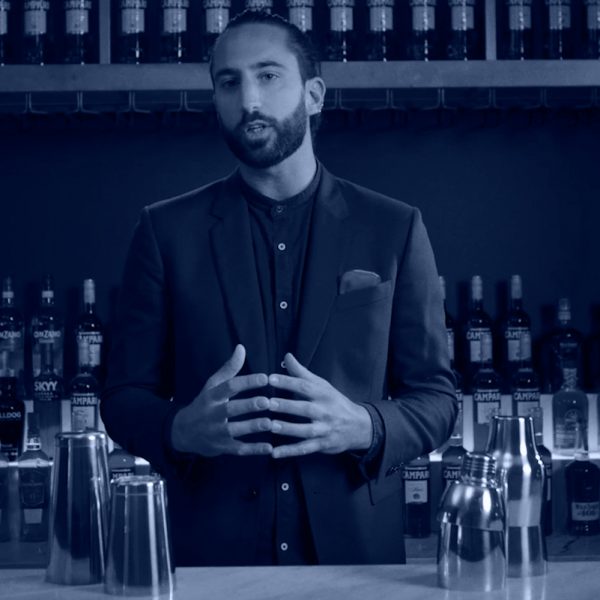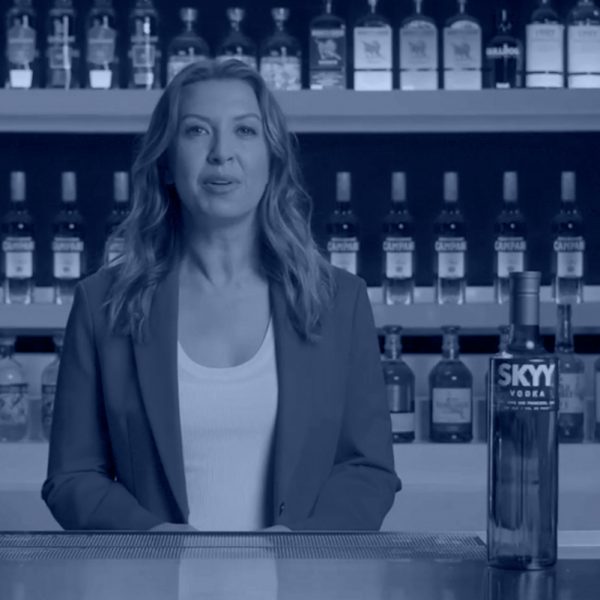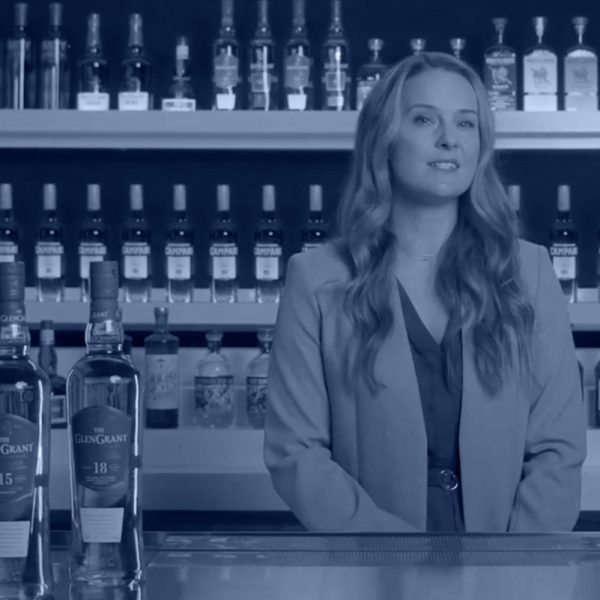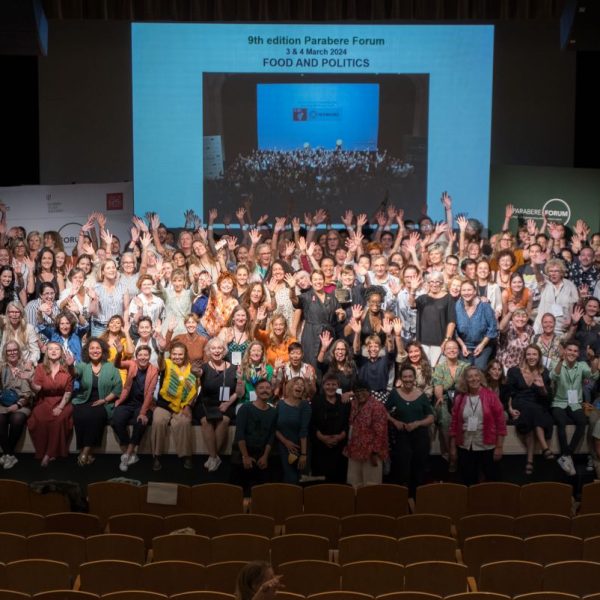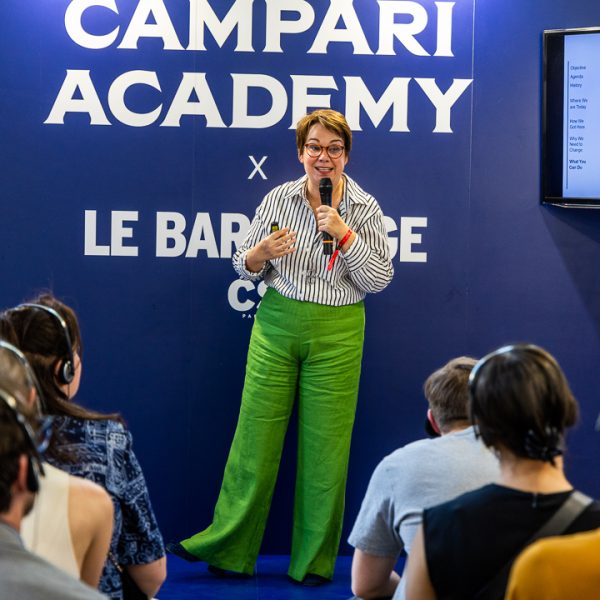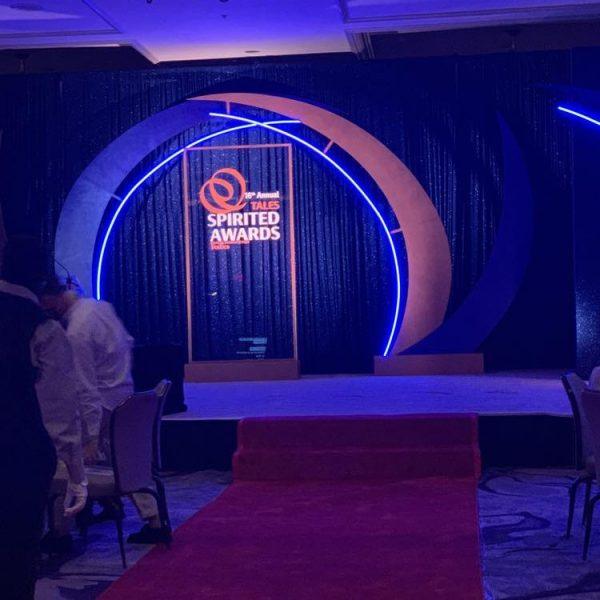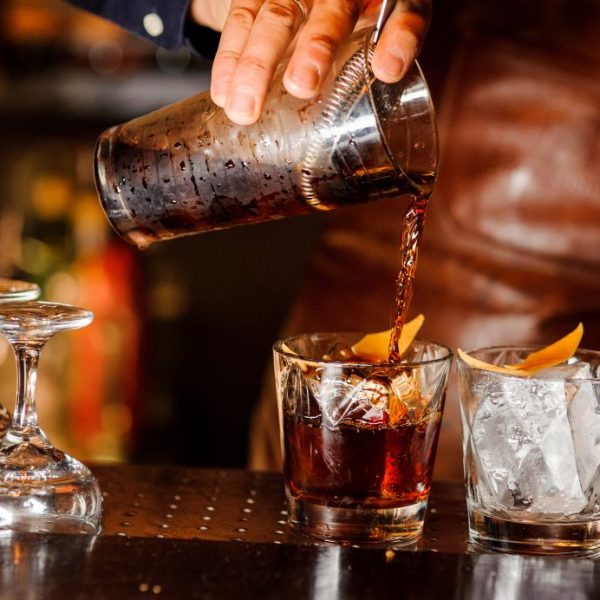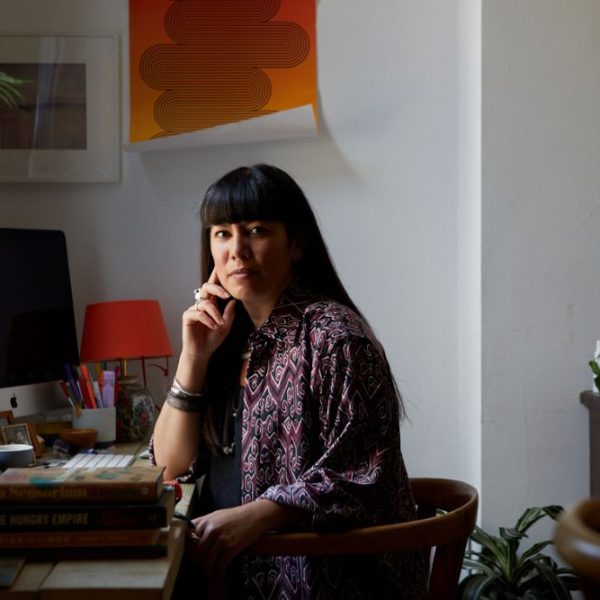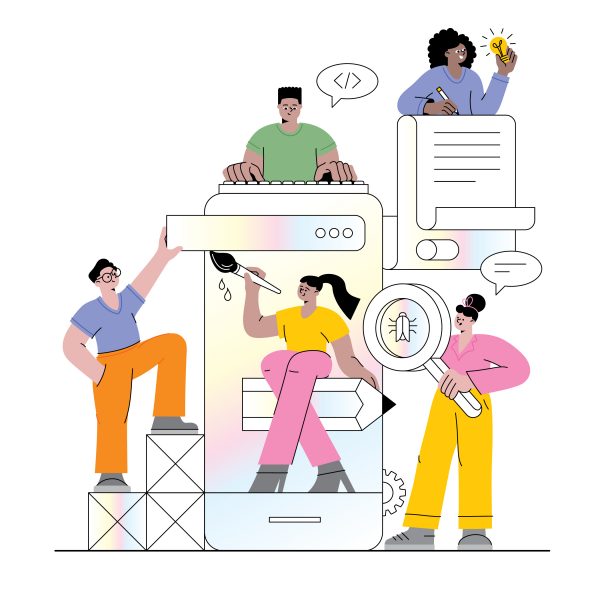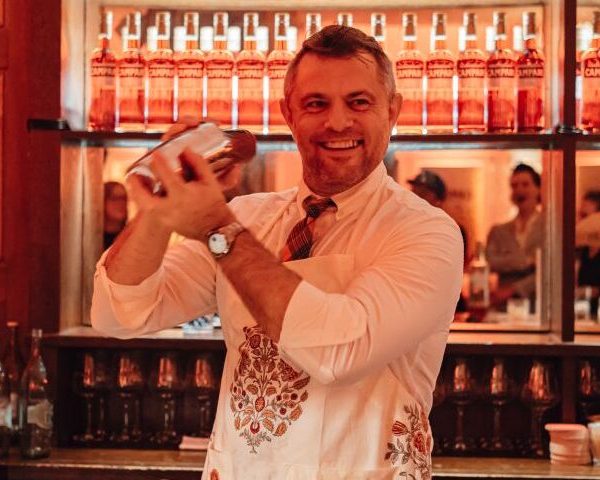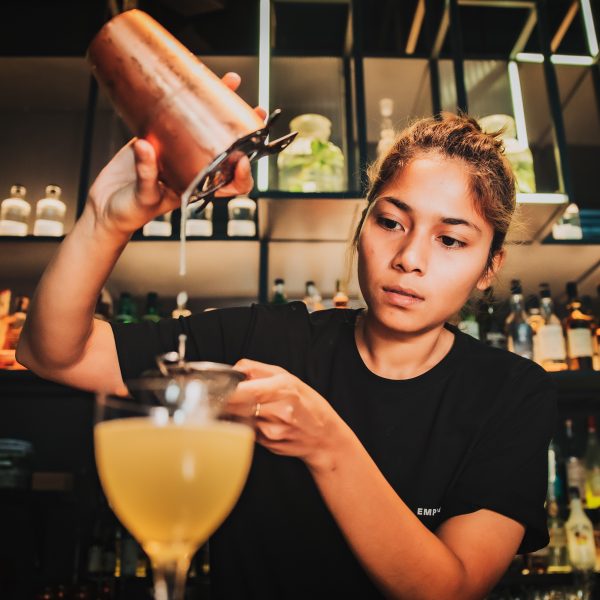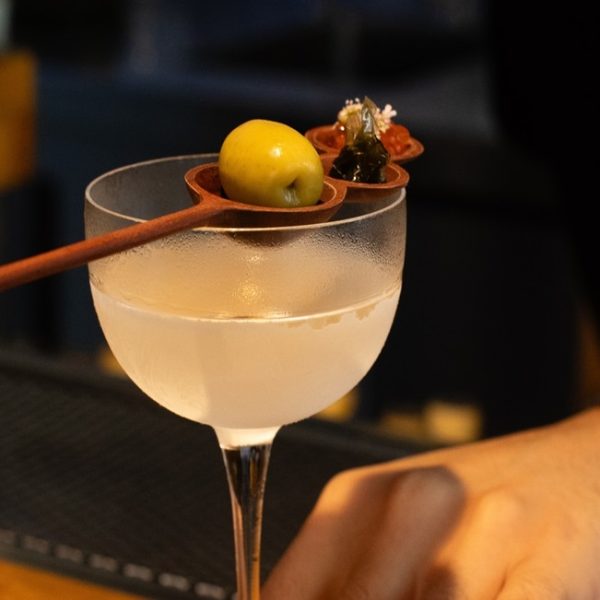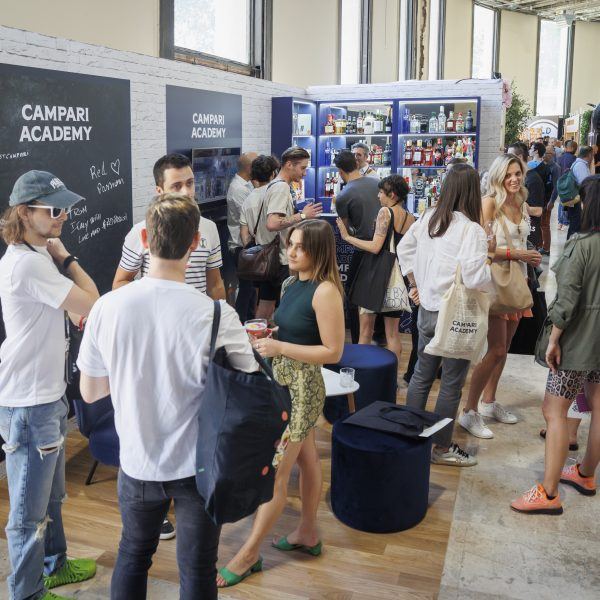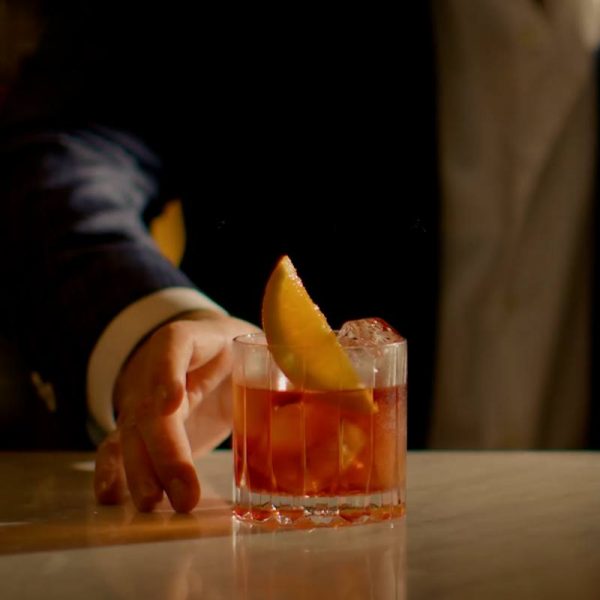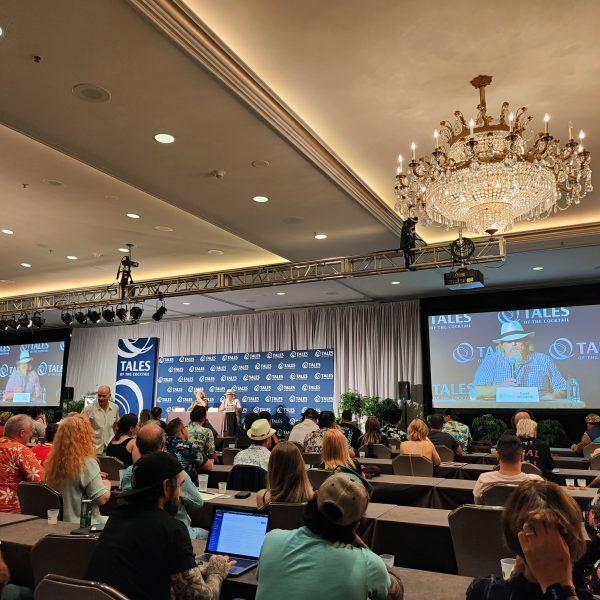South Korea’s happiest bar owner on driving his local cocktail industry
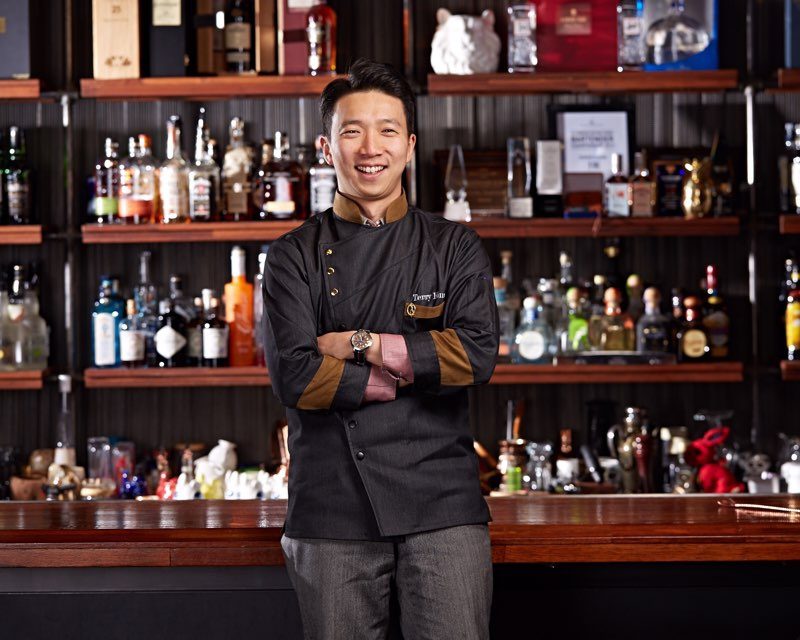
Terry Kim has built an empire of bar excellence in South Korea. He explains how happiness can inspire future generations as his local industry continues to grow – and how he ascended to the top of his game
‘Happiness’ is the word Terry Kim uses the most when talking about his career in hospitality. Approaching 40 years of age, he’s been working as a bartender for almost two decades, pioneering the new craft cocktail scene in Seoul: “I’m happy to be part of the old school, we were the ones that started it. We are kind, but also the ones who can tell you off,” he says, smiling.
Kim was one of the first entrepreneurs to invest in Seoul’s cocktail bar industry, and has piled up six successful ventures, spread all over South Korea: Alice, Get All Right (in Busan and Seoul), Jungle Book, Trala Bottle Club and Mood Seoul. His first ever venture was a Chinese restaurant which he opened when he was 22. While it wasn’t a triumph, it did lead him to the career he finds himself in today: “The business failed. I had to go to school during the day and pay off my debts by earning money at night, so I became a bartender.”
He majored in hotel and tourism management at the University of Suwon in Hwaseong, in South Korea’s Gyeonggi Province. His choice in degree was in part encouraged by his employer at the time: “When I graduated from high school and tried to choose a university major, the owner of the restaurant I worked at as a part-timer at the time recommended me to join a service business, because I laughed… and got along well with people – I agreed.”
“Eventually, I realised that I couldn’t do what I wanted to do unless I became an owner.”
He then went on to tend bars at high-end hotels, before realising that if he wanted to follow what he really wanted to do, he needed to take the next step: “I thought I could organise the events that I wanted to if I became a manager, but the reality was different. Eventually, I realised that I couldn’t do what I wanted to do unless I became an owner.” This is what led to Kim found the place he is perhaps best-known for: Alice, in the incomparably lively district of Gangnam, south of Han River.
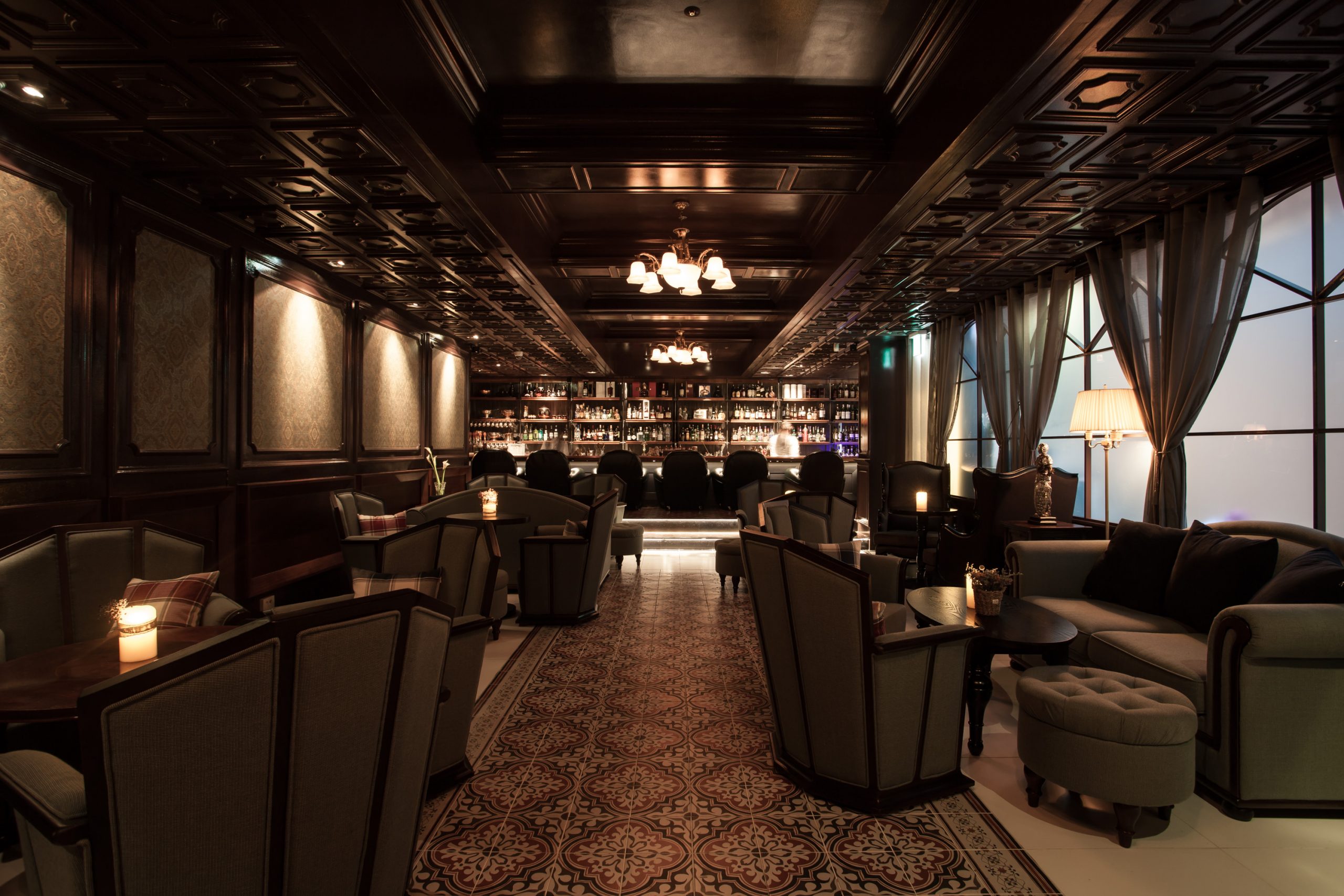
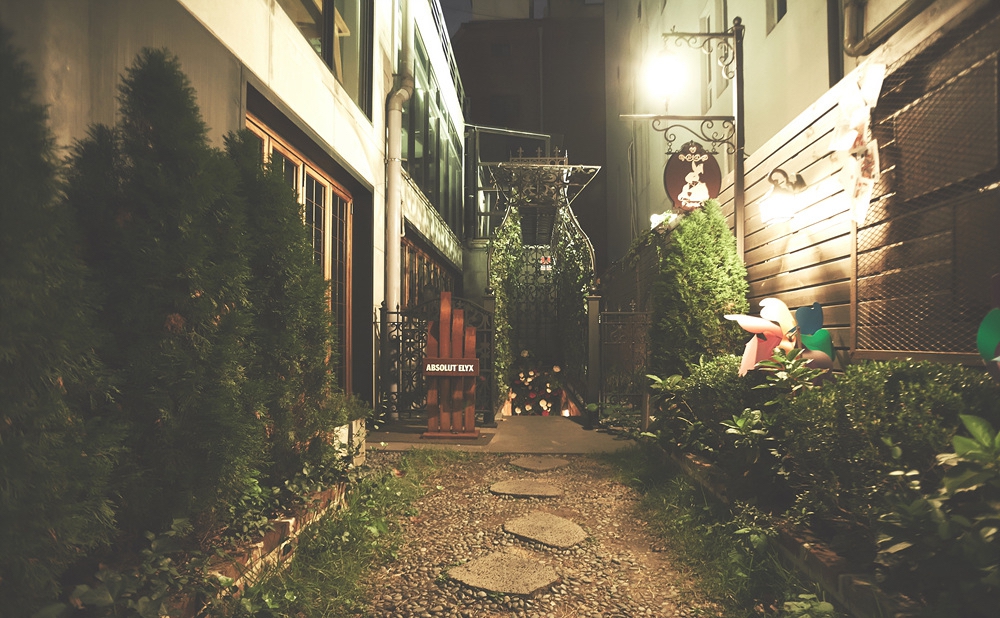
Building an empire
“Alice is actually hard to define,” Kim admits. A staple in the continent’s top-listed drinking spots, and inspired, as the name suggests, by the timeless 1865 Lewis Carroll novel, Alice in Wonderland, it is a former flower shop that hides a marvelous drinking lounge, reachable through a descending flight of stairs (just like the tale’s rabbit hole). “The most important things in my life are experience and time. It is my philosophy to live once, without regret… I focus on how my thoughts live and breathe, not on the framework set by the world. I chose ‘Alice’ as a name that could seem a little childish, so that anyone could understand it was a friendly, easy space.”
“Older generations could not understand hospitality, so it was harder to work in the business, as bartending was not socially well accepted. Today is much better.”
Indeed, it’s where, together with two business partners, he began his path with the idea that, “we can actually do whatever we want, and our guests can do the same”. Sophisticated interiors are matched with a powerful drinks list, which is often updated with complex techniques ranging from the basic classics to the most advanced and sought-after flavours. The bar consists of a total of 10 team members (including Kim), who work side-by-side with also a manager, two head bartenders, two senior bartenders, three junior bartenders, and an intern.
A well-oiled machine, which, as is the same as for all Kim’s venues, didn’t require too deep of a recruitment process: “We don’t ask employees for anything else but to bring their heart to the workplace. Technique is not relevant, as long as they are honest and believe in what they do.” It’s one of the most emblematic sentences when it comes to Kim’s approach to entrepreneurship in the bar industry. It also reflects how he sees the evolution of the industry: “Older generations could not understand hospitality, so it was harder to work in the business, as bartending was not socially well accepted. Today is much better: financially it’s more stable, and overall, I think it’s easy to be a bartender. The hard part is being a good one…”
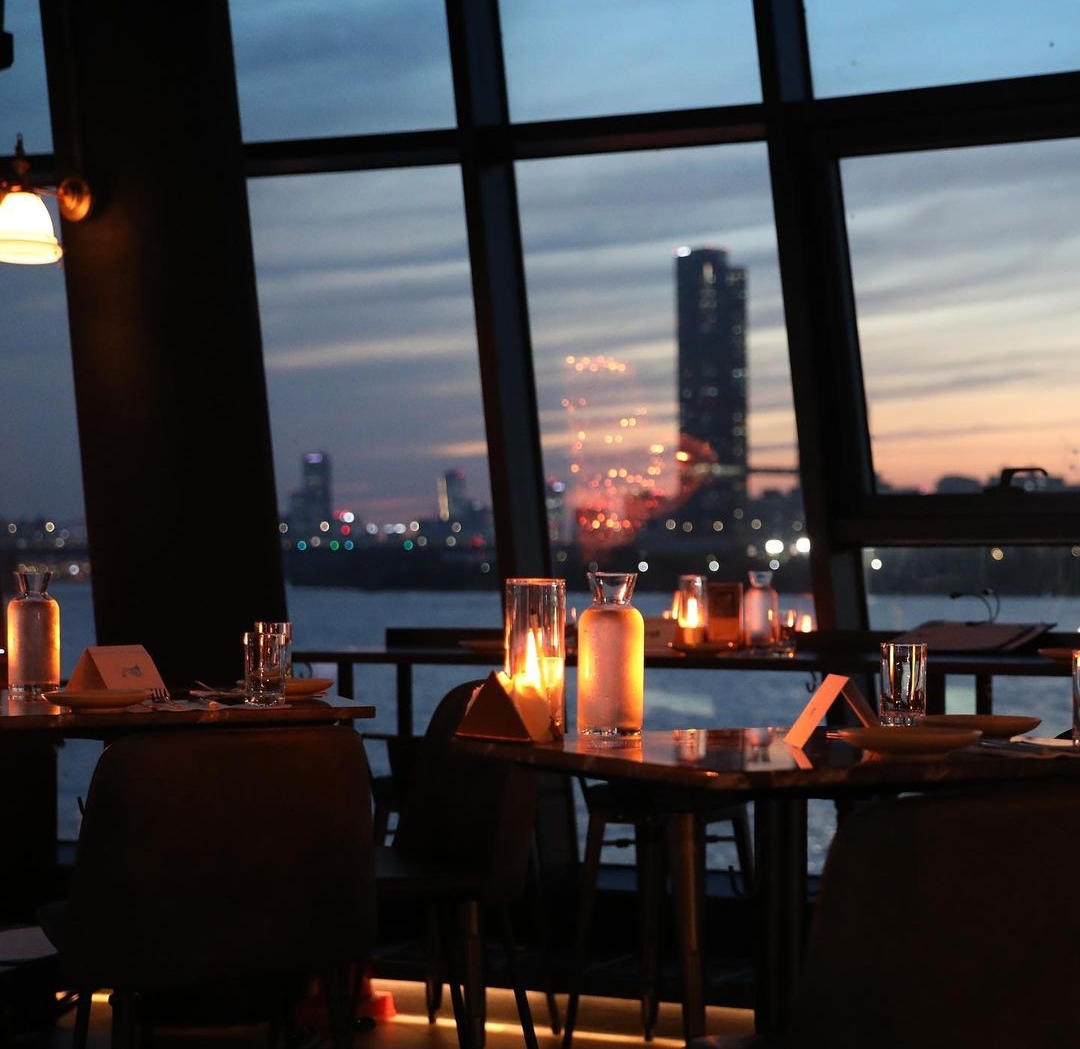
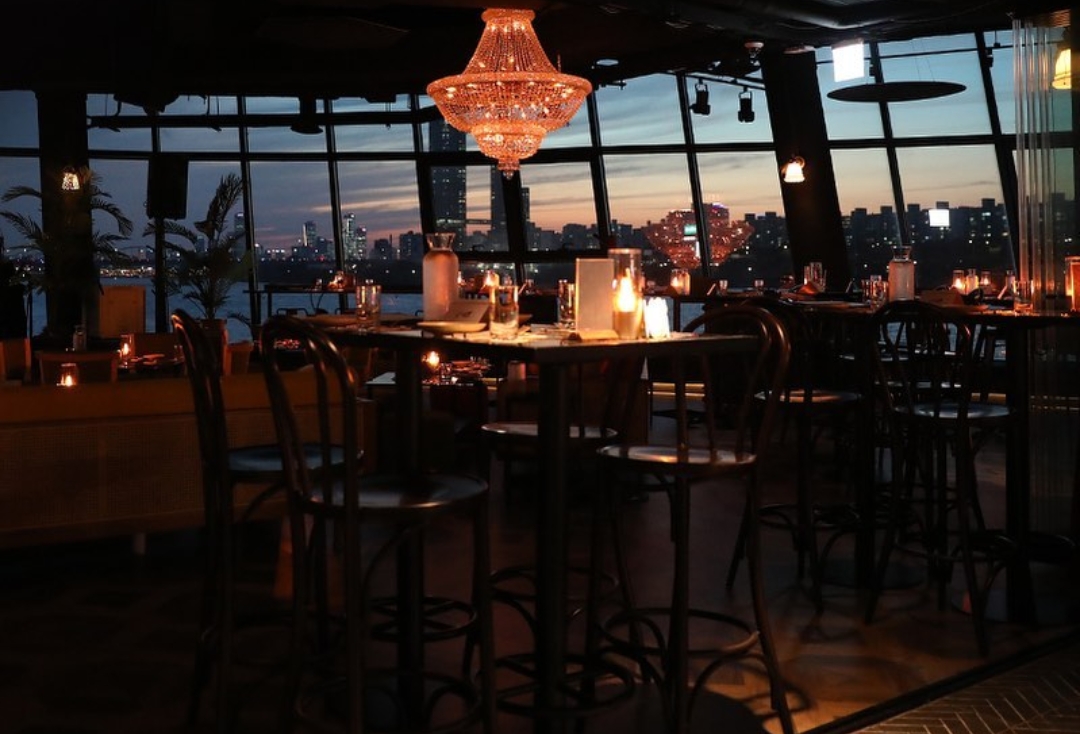
Championing change
Once you find proper bartenders – or better yet, you train them like Kim does – the rest happens to be fairly attainable, mostly thanks to a mix of elements that make Korean hospitality so dynamic and lively (it’s very easy to open a bar in Korea, as there’s no need to have a licence). Before Kim’s contribution, what the local industry was in need of was a progression in cocktail culture and perception, he explains: “At the time of opening Alice in 2014, Korean bar culture was not very social, and being a bartender did not give you any social opportunity. I knew there were a lot of good bartenders, and as a lover of Korean bars, I wanted to establish something iconic and traditional – I wanted to open a bar that could last 100, or 200 years.”
To do so, Kim knew he had to change the Korean cocktail culture. As most cocktails were consumed in club lounges, not cocktail bars, the first thing to do was to change the perception of where cocktails were physically consumed. So, Kim enlarged his hospitality vision by opening Get All Right, a live music club with a remarkable food and drink offering, in the port city of Busan, the second largest in Korea. It was then time for the jungle-themed Jungle Book to open on Jeju Island, “in order to protect and showcase the nature of Jeju, Korea’s representative resort”. The most recent openings are Tralla, with live performances at restaurants and bars, and Mood Seoul with the Seoul Metropolitan Government recreating an artificial island symbolising Seoul, which is where Kim spends most of my time now.
“I wanted to establish something iconic and traditional – I wanted to open a bar that could last 100, or 200 years.”
It’s quite a serious CV, that won’t stop progressing: “There’s still a lot I want to try. I tend to challenge [myself] a lot. There were many cases where the challenge ended in failure, but I still feel the greatest happiness when I do something for someone and see that they are happy for it. And it’s worth mentioning, in hospitality, if you make someone happy, you make more money.”
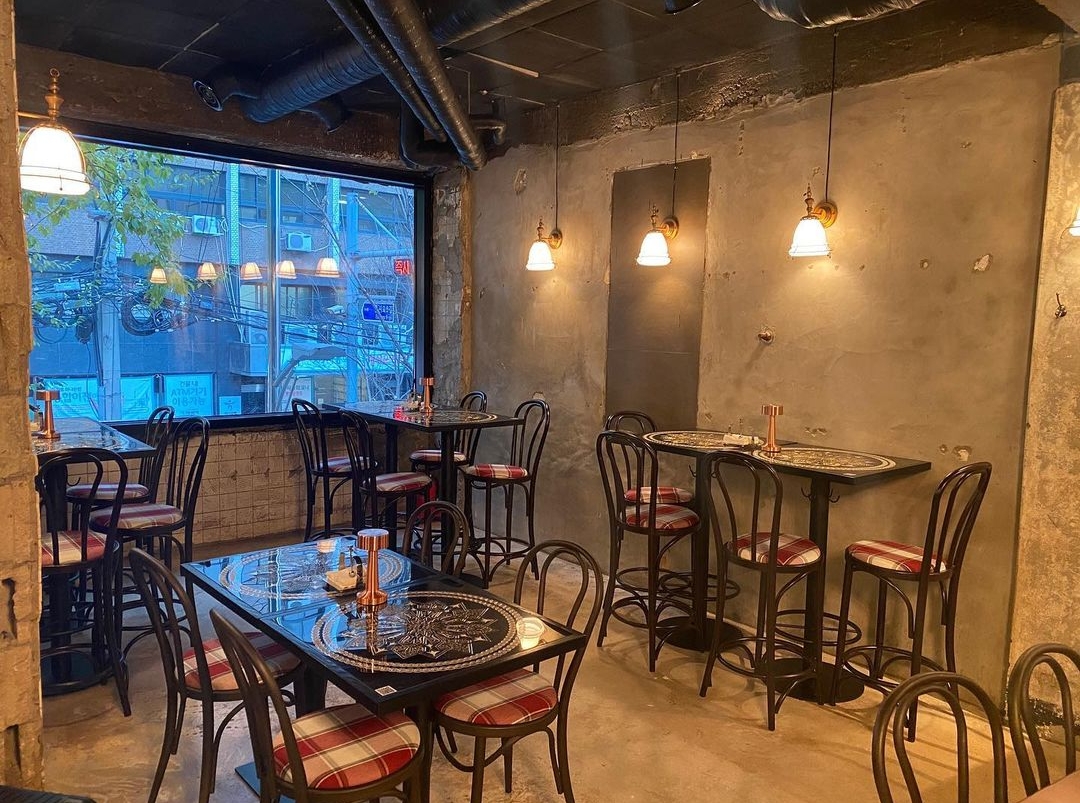
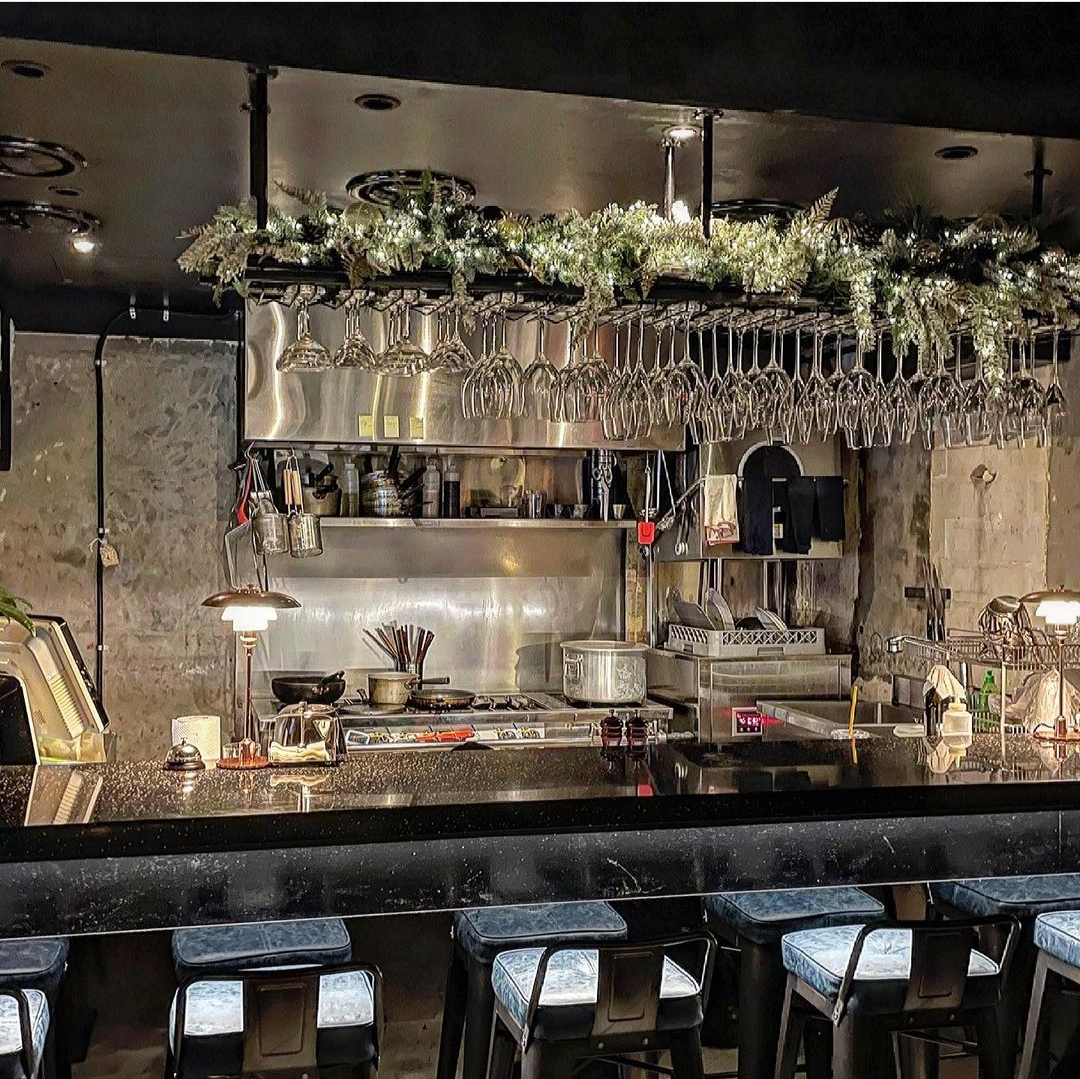
Bright future
Through his contagious smile, optimism, and never-ending passion for showcasing quality drinks to influence local habits, Kim worked his way to the top of the Korean hospitality pyramid. His ascent peaks at an exciting time for the local bar industry: “After the war, Korean industry grew rapidly in a short period. The cocktail scene has just begun in the same way, but it is growing faster than any other country: in the past 10 years, it shifted from being a bottle-spinning activity, to an extremely refined experience, involving food and drinks. We are renowned for the ability to handle work quickly and keep concentration on the job.”
Kim describes it as the golden age for Korea’s hospitality industry, with ever-improving awareness and a more fun, relaxed approach by professionals. “Star chefs created a before-and-after, contributing to the industry to be exposed on numerous media. Now it’s about working on this good wave: places surfing simple trends will easily appear and disappear; it is time to think about depth, little by little.” The strong presence of food in Korean culture also helps, allowing bartenders to work with the same local ingredients as their kitchen counterparts. Kim describes sesame seeds and sesame oil as his favourites to work with, indicating watermelon as one of the most frequently asked for ingredients by local drinkers: “The scent and sweetness of watermelon in Korea are like a mixture of roses and melons.” Sikhye, a Korean traditional sweet rice drink, is very popular too.
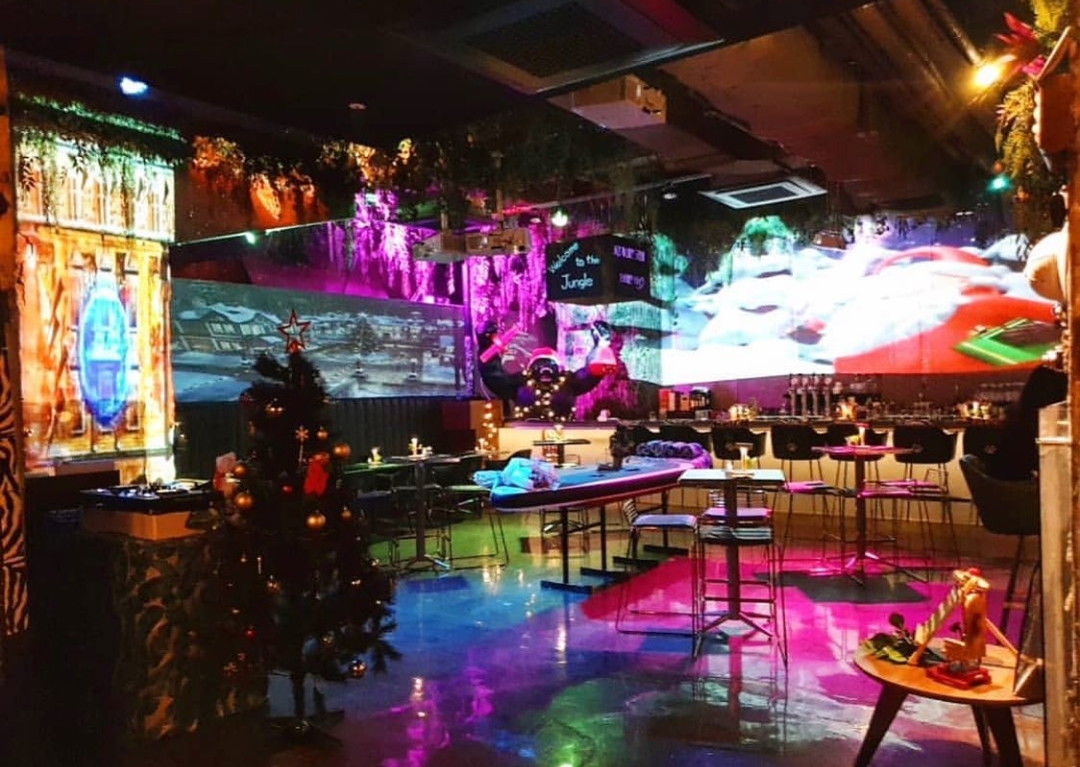
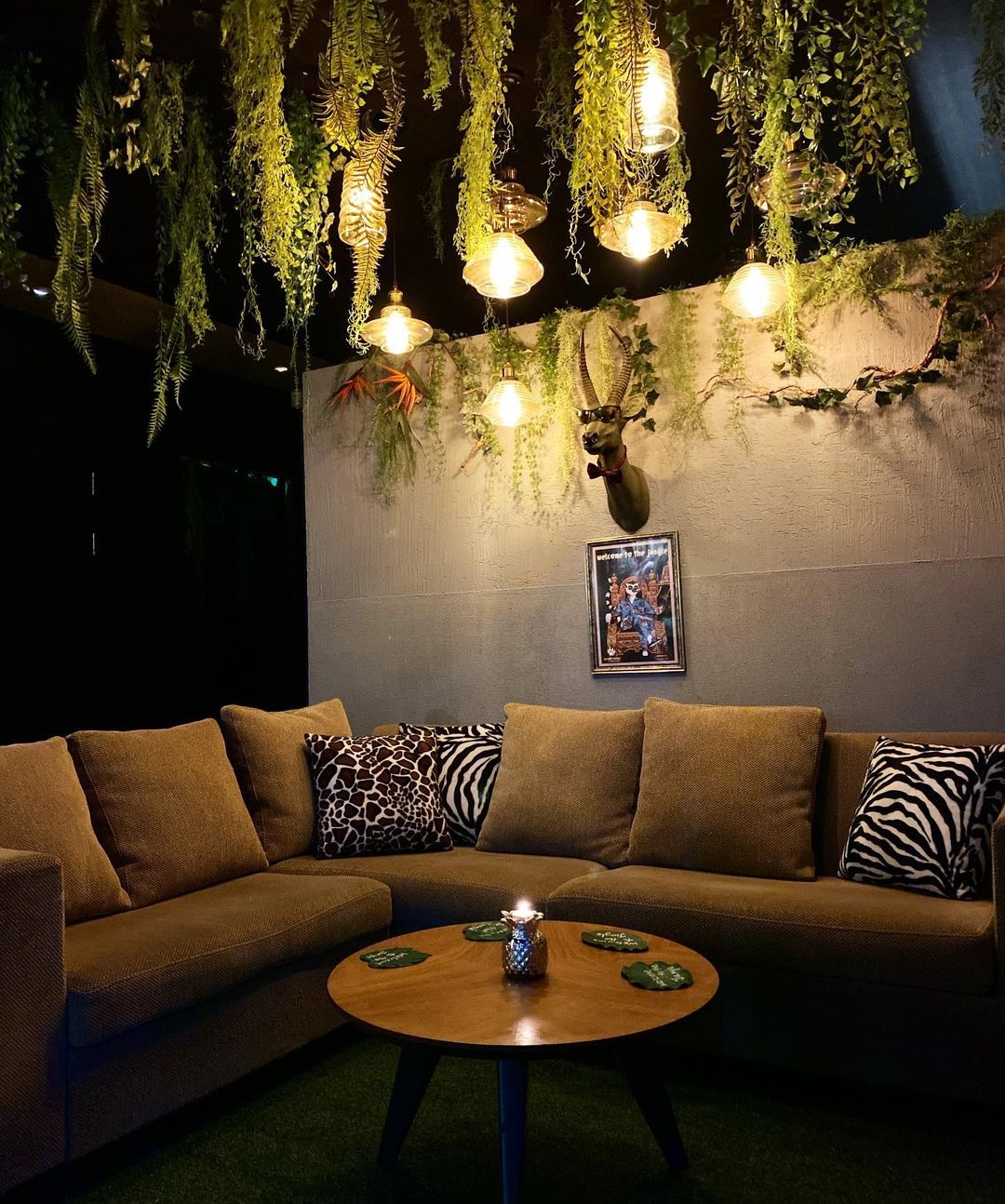
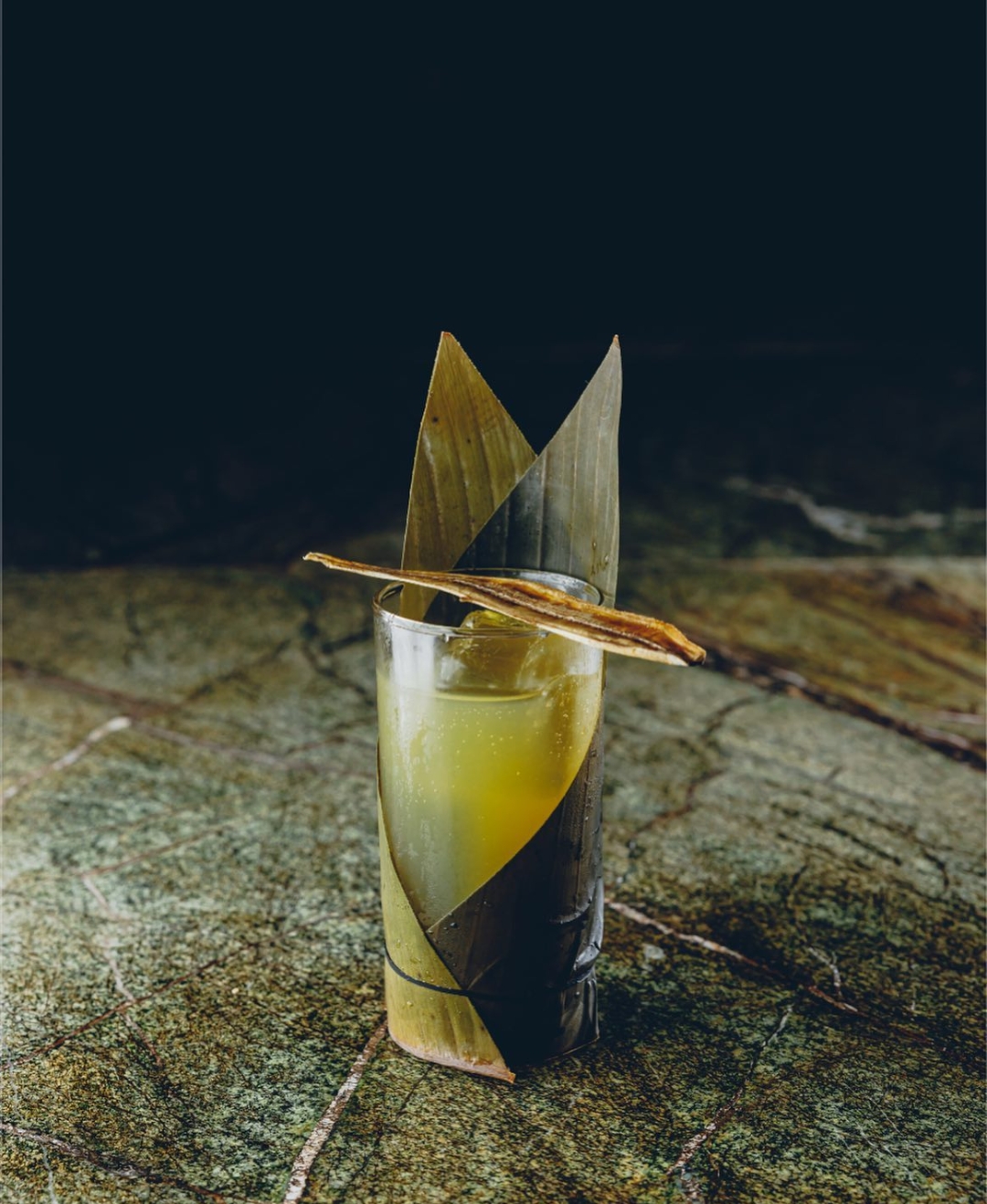
Pushing boundaries
From being a university student paying back his loans, to holding the top spot among industry leaders, Kim’s recipe for success is testimony to the importance of having a well-mannered and positive approach to the bar business. This is what he shares with the younger generations: “Be honest and love yourself, so you can love others. When you are happy, you can make other people happy, and that’s the key for a healthy hospitality enterprise. And remember that being a mentor is about understanding: to be a good one, I have to protect my team, talk to them, spend time with them, understand what everyone needs. I push for the market to grow, because sharing it makes it stronger.”
What’s the future for the Korean hospitality industry, then? “It’s like a train without windows. It’s hard for me to know where the destination is now, because it’s not easy to measure the success of it: it’s about happiness, not numbers. Therefore, it is extremely difficult to know the consequences of my efforts.”
The forecast is positive for Korean bartenders, though a bit of a boost is needed for local craftmanship to be finally recognised everywhere else, as it deserves. And it should not come from the inside, necessarily, reflects Kim: “In order for Korean bartenders to become more known abroad, Korean government must accept cocktails as a food and beverage category and provide support. This way, various collaborations with Korea’s traditional culture will be possible and there will be many wonderful things that cannot be achieved individually.”
Carlo Carnevale

